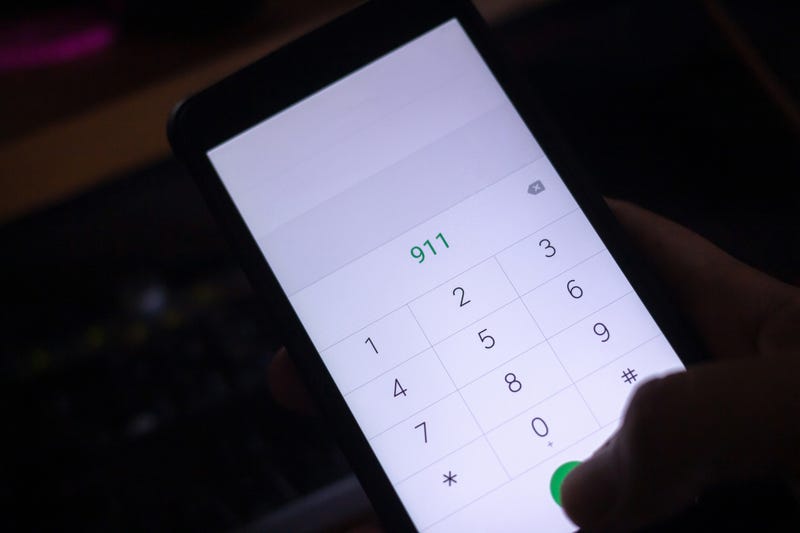
PHILADELPHIA (KYW Newsradio) — Philadelphia 911 dispatchers are undergoing new training this week to better understand mental health crises and how to respond to those types of calls.
Police Commissioner Danielle Outlaw said the modified Crisis Intervention Team (CIT) classes will teach 911 call takers and dispatchers to better identify crisis-related calls, so they can direct them to CIT-trained officers in the field.
“In addition to this, we will be implementing a decision tree — or, a set of questions that help dispatchers identify or ask probative questions to those calling 911 — to help us identify those in crisis, if they don’t necessarily offer that information to us voluntarily,” she said.
The updated training comes as the investigation into the fatal police shooting of Walter Wallace Jr. continues. The 27-year-old had a knife and was going through some sort of a breakdown from a mental illness when family members called 911 for medical services last month. Two police officers showed up at the West Philadelphia scene, where they eventually shot and killed Wallace.
The training is in collaboration with the Philadelphia Police Department and the Philadelphia Department of Behavioral Health and Intellectual disAbility Services (DBHIDS).
“The information gathered during the pilot phase will be used to help us further refine the model and determine the amount and type of support needed for the dispatch center going forward,” said Dr. Jill Bowen, DBHIDS deputy commissioner, “including related to mobile crisis utilization and expansion.”
Part of the plan couples the crisis response training with a mental health professional, who will be in the radio room when calls come in.
“By January 2021, the innovative program is expected to move to a second pilot phase that will include intentional dispatch of crisis call response teams. CIT officers will partner with civilian mental health experts to jointly respond to calls identified by police radio,” she said.
The existing mobile crisis providers would also be dispatched if needed. One of them is The Consortium.
CEO John White is confident Wallace would still be alive if his team was called to the scene.
“I know without any fear of successful contradiction if they had a trusting individual in touch and on that scene to be able to assist, no doubt — would have made a difference,” he said.
